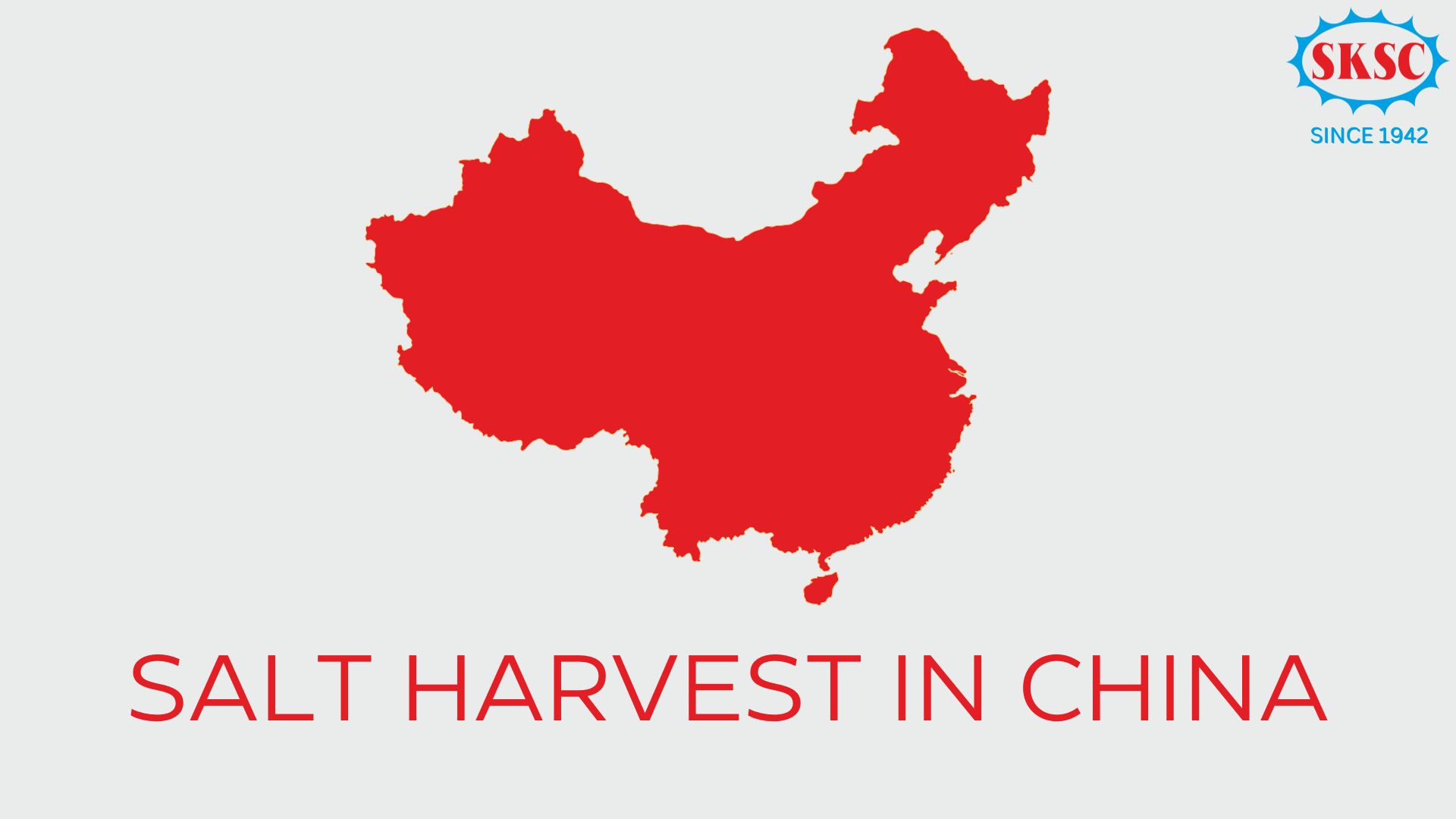
Gypsum, The soft sulfate mineral
In other ancient Chinese centers of civilization, when agriculture replaced hunter-gatherer agriculture, farmers who ate little meat needed salt to feed themselves and their draft animals. Evidence from over a dozen sites along the southwest coast of Bohai Bay shows that Dawenkou, a Neolithic culture, was already producing salt out of underground brine over 6,000 years earlier. In the same area, the late Shang Dynasty (ca. 1600-1046) produced large quantities of salt and transported it inland in “helmet-shaped-vessels” made of pottery jars that may have served as “standard units of measurement” for salt trade and distribution. Oracle bones mention “petty officers” for salt, indicating that the Shang had civil servants who managed salt production and supply. The earliest surviving evidence of salt production in China comes from a text from around 800 BCE, which states that the far earlier (and possibly mythical) Xia dynasty decreased sea water for salt production. There are credible reports of iron salt pans being used in the 5th-century BCE. Early states often placed their capital cities close to ready salt sources, a factor that affected locations in later periods
The 3rd century BCE expansionist and innovator Qin found that the salt pools that had been used for centuries were fed from deep underground, the remains of the ancient inland sea. First, he ordered the pools to be deeper, then he ordered the wells to be dug, and finally he ordered the narrower and more effective shafts to be sunk. By the 2nd century BCE, workers had developed a system of leather valve and bamboo pipe that drew up brine as well as natural gas and burned the brine to boil it. The technology developed for the bamboo pipe was later applied to household plumbing. Salt was widely produced and traded, and was presented to the courts of regional states as tribute before the Qin’s wars of unification (221 BCE). The 4th century CE compilation of texts, the Guanzi, includes a possibly apocryphal discussion of a proposed salt monopoly between the philosopher, Guan Zhong, and the Duke, Huan of the state of Qi.
The dialogue raised practical issues about the efficacy of taxes as well as moral issues about the character of government. While Guan Zhong claimed that direct taxes caused anger among the population, he also defended indirect taxes such as salt and iron. “If you were to give an order, ‘I will collect head money from all of you, adults and children,’ they would surely protest against you. But if you take control of the salt policy, the people will not be able to evade it, even though you will make a hundred times more money,” he said. Despite this, the Qin dynasty and later Han dynasty still relied on traders and local rulers to produce and distribute salt. Their profits rivaled that of the central government’s own treasury, and they also removed salt workers from the tax rolls as well. The central government took note of this and, in 119 BCE, decided to make salt and iron a state monopoly at the request of its Legalist advisors. After Emperor Wu died in 81 BCE, his successor held a court debate known as the “Discussions on Salt and Iron,” in which the Legalists (or Reformists, to be more precise) argued that the state should organize trade rather than private merchants, and that the state should realize the profits. The Confucian moralityists, on the other hand, argued that a minimalist government would be better, and that the only way the state could make a profit was by stealing from the people and undermining morality: trade promotes dishonesty. The Legalists won, and salt provided much of the government's income for the rest of Han's reign. After Han's fall in the second century CE, the successor states were unable to enforce the monopoly effectively, and the Sui dynasty and early Tang relied on land taxes instead.
S.K.S.C.NADARAJAN & BROR.
Salt company since 1942
Tuticorin Salt | crystal salt | crushed salt | relish freeflow salt | fine salt | coarse salt | size salt | Salt supplier | Kerala salt supplier | South indian salt export | South India salt company | thoothukudi saltern | Tuticorin saltern | deicing salt exporter | deicing salt tuticorin | Thoothukudi salt exporter | Thoothukudi traditional salt | Sea salt tuticorin | Sea salt Thoothukudi | Thoothukudi salt | salt exporter tuticorin | salt Thoothukudi | SKSC salt | India old salt company | Salt company India | Salt company tamil nadu | Salt company Tuticorin | Tamil nadu Salt | India Salt | powder salt | natural salt india
